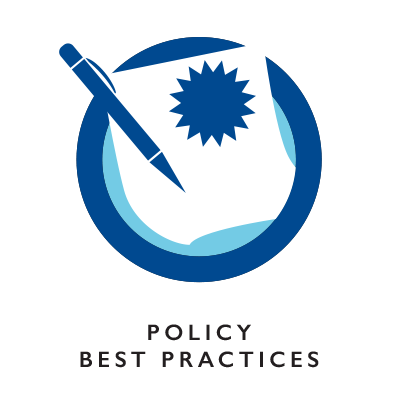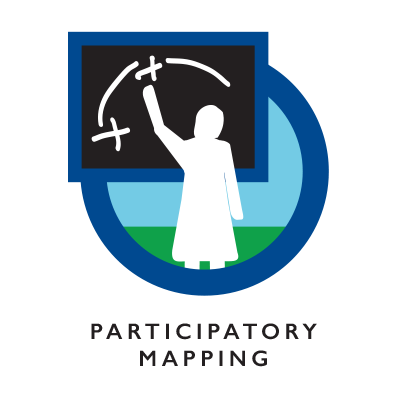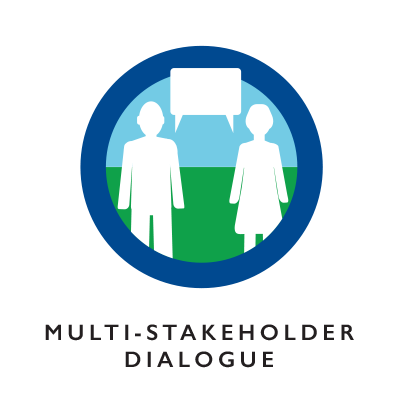In 2016, Burma underwent a period of historical transition with the electoral victory of the National League for Democracy representing a change after fifty years of military rule. Burma has a profusion of antiquated and poorly harmonized laws related to land and forest rights, as well as a widespread lack of legal documentation and awareness of those rights by its rural citizens, who represent 70% of the populations. At the same time, the country’s recent economic opening has led to concerns that extractive and agribusiness investments may undermine the land tenure and property rights of this rural population. USAID recognizes the critical role of land in building a robust and inclusive economy, promoting democracy, and improving the livelihoods and wellbeing of Burma’s people.

USAID’s Tenure and Global Climate Change (TGCC) program supported inclusive land policy and legislation development in Burma, as well as piloting of participatory mapping processes using low-cost mobile applications to secure tenure and increase dialogue between local government, communities, and land-related stakeholders.
Program Activities in Burma
 Over three years, TGCC supported drafting and public consultations that led to the adoption of Burma’s first National Land Use Policy (NLUP). USAID provided technical assistance and logistical support for communities and local civil society organizations (CSOs) to engage with the policy development process. USAID is subsequently supporting integration of the NLUP best practices into the Investment Law, Agricultural Policy, Agricultural Development Strategy, Community Forestry Instructions, and Livestock Policy.
Over three years, TGCC supported drafting and public consultations that led to the adoption of Burma’s first National Land Use Policy (NLUP). USAID provided technical assistance and logistical support for communities and local civil society organizations (CSOs) to engage with the policy development process. USAID is subsequently supporting integration of the NLUP best practices into the Investment Law, Agricultural Policy, Agricultural Development Strategy, Community Forestry Instructions, and Livestock Policy.
 Twenty CSOs were introduced to integrating mobile applications to secure tenure into participatory mapping processes, and USAID is working with five CSOs to pilot community land rights documentation across seven sites in four states/regions, to address diverse land governance challenges such as land conflict, wetland management, land use planning, and disaster risk reduction planning.
Twenty CSOs were introduced to integrating mobile applications to secure tenure into participatory mapping processes, and USAID is working with five CSOs to pilot community land rights documentation across seven sites in four states/regions, to address diverse land governance challenges such as land conflict, wetland management, land use planning, and disaster risk reduction planning.
 Using open source software and low-cost tablets, TGCC designed and piloted modules for documenting and validating household land rights, community boundaries, shared resources, and dispute resolution. The tools have been adopted by the government’s National Land Titling Program.
Using open source software and low-cost tablets, TGCC designed and piloted modules for documenting and validating household land rights, community boundaries, shared resources, and dispute resolution. The tools have been adopted by the government’s National Land Titling Program.
 USAID supported over 60 multi-stakeholder events reaching almost 2,000 participants across the country related to policy development, awareness and piloting. In addition to policy dialogue, USAID supported communities to use maps to engage with local governments through constructive dialogues.
USAID supported over 60 multi-stakeholder events reaching almost 2,000 participants across the country related to policy development, awareness and piloting. In addition to policy dialogue, USAID supported communities to use maps to engage with local governments through constructive dialogues.


